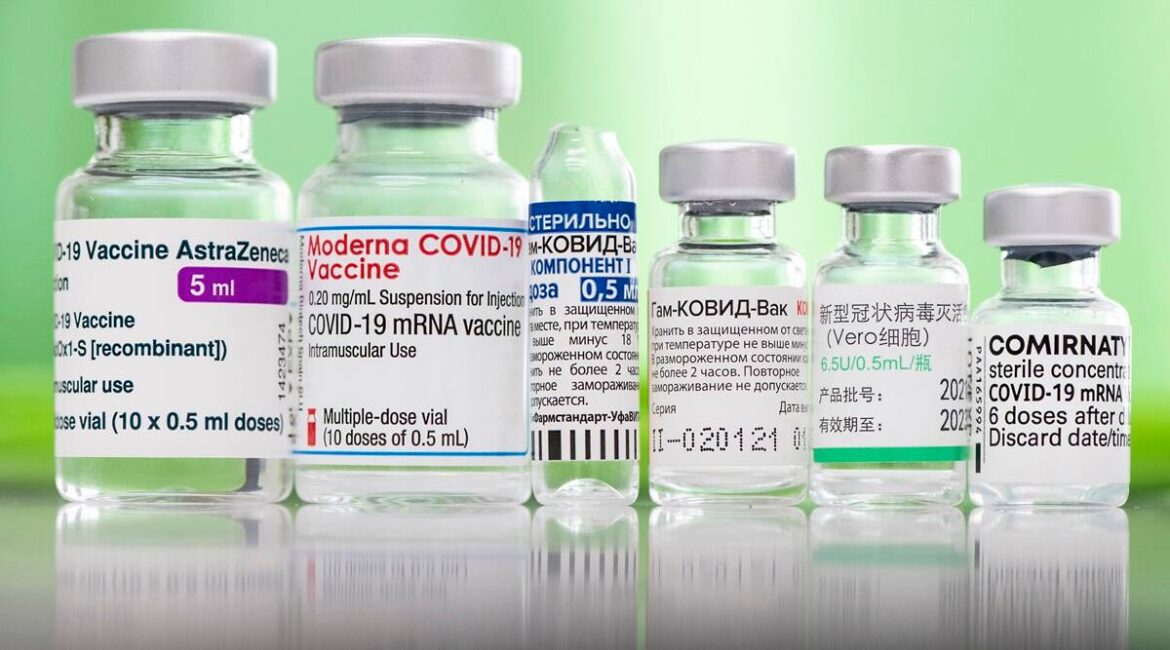By Asmau Ahmad
The Nigeria’s Federal Government in collaboration with the United Nations Children’s Fund (UNICEF) is mobilising journalists to create demand for COVID-19 vaccines.
UNICEF Chief of Field Office, Kano, Mr Maulid Warfa, stated this in Kano on Thursday, at a two-day Media Dialogue on demand creation for COVID-19 vaccines.
Warfa, who was represented by UNICEF WASH Manager, Mr Rafid Salih, pointed out that the vaccines were being provided free but many people were not taking the vaccines due to misinformation.
He said that journalists should use their media channels to amplify the right information on the importance of taking the COVID-19 vaccines.
“There are reasons why people are not taking the vaccines even when people have continued to die from the virus, because critical information is not well communicated.
“People need to know that they can protect themselves from the virus by simply taking the vaccine that is being provided for free to all Nigerians,” Warfa said.
Earlier, the Communication Specialist, UNICEF Country Office, Mr Geoffrey Njoku, said that the objective of the media dialogue was for journalists to use their media platforms to promote uptake of the vaccines.
“The effort is for journalists to use their platforms to advocate to the federal and state governments to provide logistics and operation support for the delivery of the vaccines.
“We also want journalists to use their news stories, programmes, features stories and special reports to create demand for the uptake of the vaccines.
“We also want journalists to use their platforms to allay fears by anarchists and conspiracy theorists about the safety of the vaccines,” he said.
Prof. Umar Pate, Vice-Chancellor, Federal University, Kashere, Gombe State, said that COVID-19 pandemic had affected every human endeavours and rendered various societies tense, challenged and insecure.
Prof. Pate said that the situation was heightened by uncertainties and boundless flow of information following developments in information technology that make information easily accessible.
“Truth is, under attack from factories of fake news, agents of disinformation and intense weaponisation of information characterised by intensification of disinformation, hate and dangerous speech.
“Our communities are highly vulnerable to believing fake information and even more on the sources and prevalence of the virus and its treatment,” he said.
The professor advised people to be critical consumers of information on COVID-19 in view of the loads of fake information about the vaccination.
He stressed that debunking the loads of fake information about the vaccination should be multifaceted, and not highly technical or politicised.
According to him, efforts should focus on active leadership involvement at all levels, community and informed media engagements, as well as intensive awareness campaigns to debunk rumours and negative theories.




